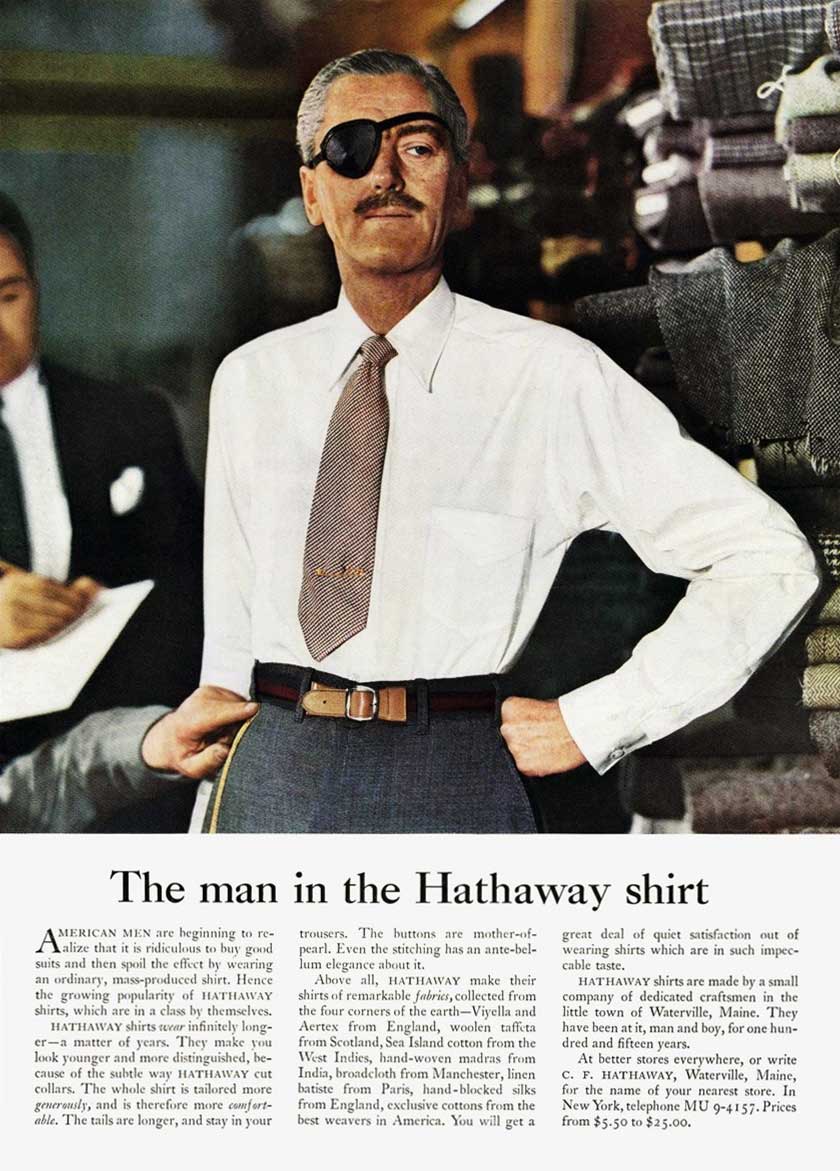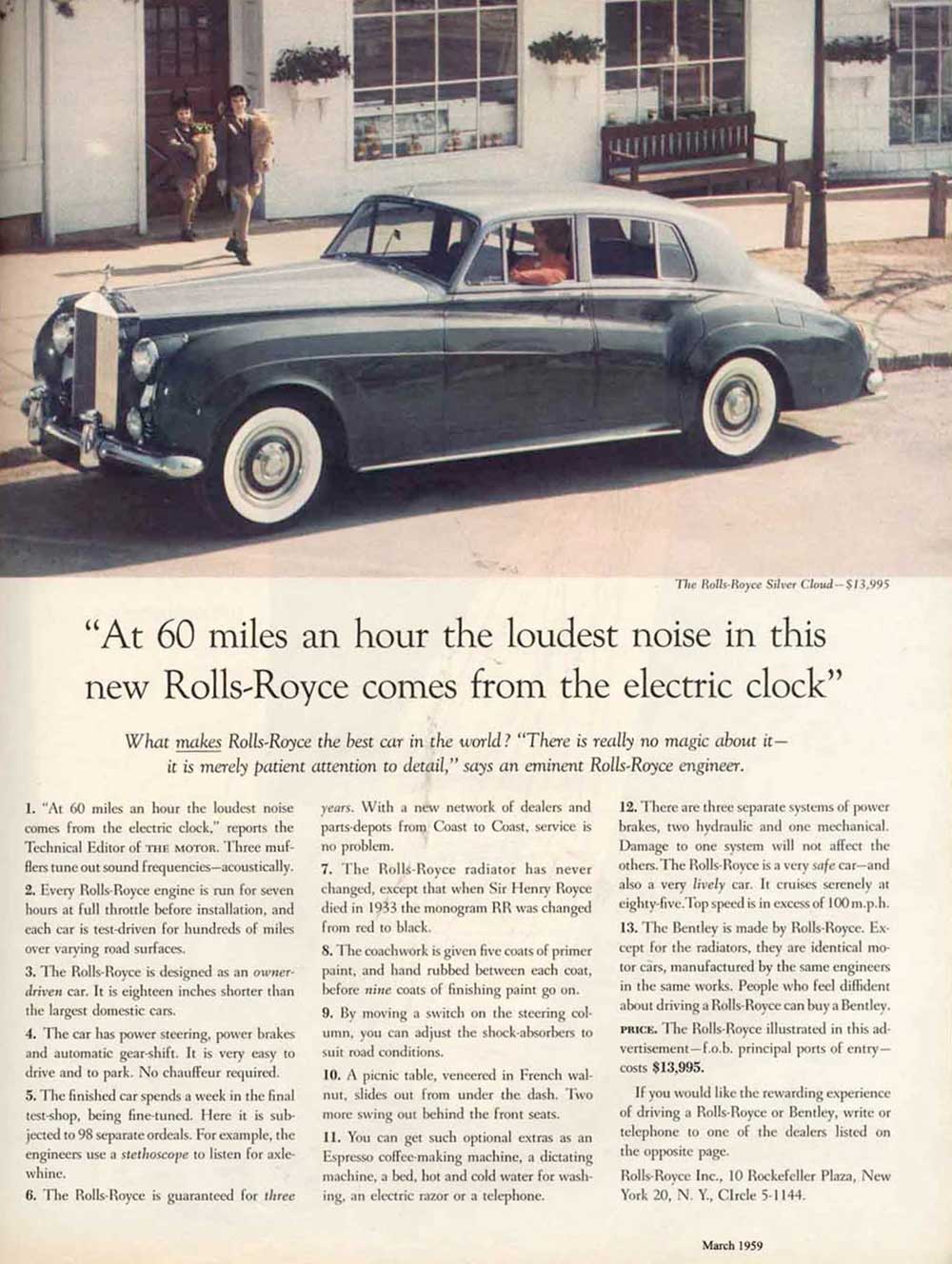The marketer in question is, of course, David Ogilvy. He was given the educational opportunity of a lifetime—the chance to study at the prestigious University of Oxford. He was expelled, with the reason undisclosed, in 1931.
Ogilvy never had a college degree, proving you don't need to have a marketing degree to be a fantastic marketer. However, the experiences in the years that followed did shape him into one of the greatest marketers ever.
The Wilderness Years
After a brief stint as a kitchen monkey in a Paris hotel, Ogilvy started working for the Aga Cookers company in England, selling stoves door to door. It was his first taste of marketing, and he excelled, eventually writing a sales manual for Aga salesmen described by Forbes as "probably the best sales manual ever written."
After fortuitously landing a job at a London agency in part because of that very manual, in 1938 Ogilvy was sent, at his request, to the United States to attend George Gallup's Audience Research Institute in New Jersey. He cited this experience as a huge influence on his thinking, because he learned not only research methods but also how to apply findings to real life.
In the 10 years that followed, Ogilvy worked for British Intelligence during the World War. He purchased farmland in rural Pennsylvania, where he lived among the Amish. By 1948 he realized that farming wasn't his calling, and he moved to New York to start his own ad agency.
Founding an Agency
Ogilvy became a founding member of Hewitt, Ogilvy, Benson & Mather (which would eventually become Ogilvy & Mather Worldwide), even though he had little experience as an ad man.
But after writing ads for such companies as Lever Brothers, General Foods, American Express, and Shell, Ogilvy soon became one of the most prominent figures in the world of advertising. Ogilvy on his successful ad copy: "They made Ogilvy & Mather so hot that getting clients was like shooting fish in a barrel."
Five of Ogilvy's Most Important Marketing Lessons
1. "Unless your advertising contains a big idea, it will pass like a ship in the night. I doubt if more than one campaign in a hundred contains a big idea."
If a marketing campaign is unsuccessful, it's likely because it lacks ambition and creativity. Ogilvy's thinking was that in a world of average you needed to cut through mediocrity with a big idea that captured people's attention.
Don't confuse the notion of a big idea with the loudest or most controversial idea, however; a big idea means seeing something no one else doing yet being brave enough to do it yourself. It's not about creating a wacky idea, but it is about doing something different and making it successful.
2. "In the modern world of business, it is useless to be a creative, original thinker unless you can also sell what you create."
This lesson may seem to contradict the first lesson, but the point is that you should never be creative merely for the sake of being creative; you should only be creative to achieve the most important thing as a marketer: sales.
Moreover, creativity does not automatically equate to better sales; how you apply that creativity is most important.
3. "I abhor advertising that is blatant, dull, or dishonest. Agencies which transgress this principle are not widely respected."
A lot of people will ponder whether this is a marketing lesson or a moral lesson. It definitely has elements of both. First, Ogilvy wanted his ads to carry integrity; he wasn't looking for short-term exposure that would lead to long-term pain either for his clients or his agency.
Whether it was a legacy or reputation that Ogilvy was trying to build, he wanted to create ad copy that would be respected and admired for a hundred years; he always had branding and his own image in mind.
4. "Advertising people who ignore research are as dangerous as generals who ignore decodes of enemy signals."
Ogilvy was not a marketer who trusted his success to luck; he did not base his ideas on gut feeling or random thought. He was scrupulous and thorough in his research, which he would use to ensure his ads reached and convinced their audiences.







